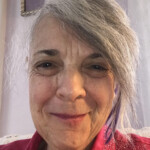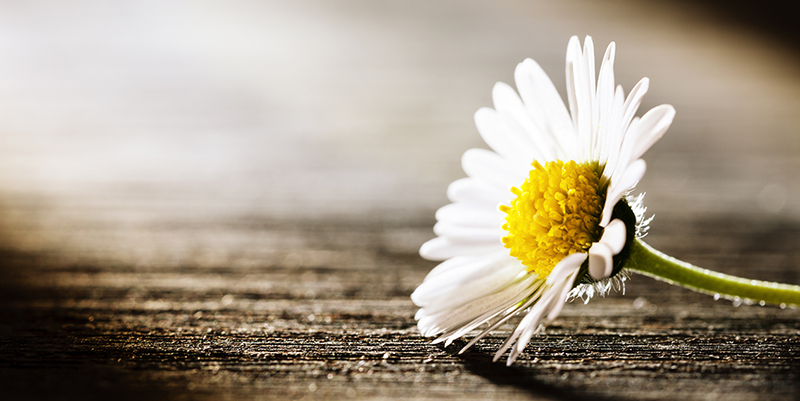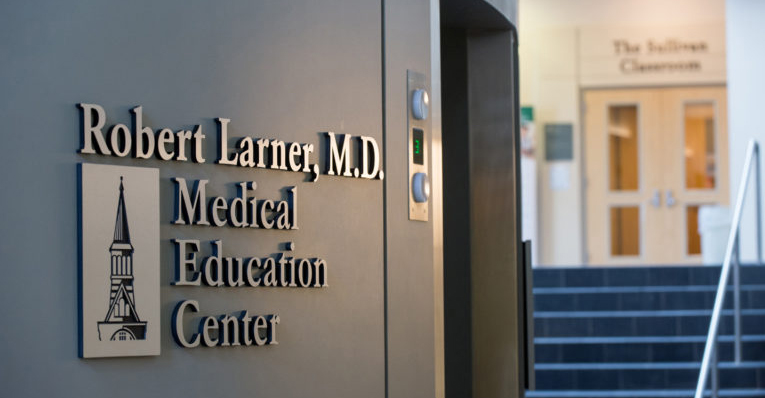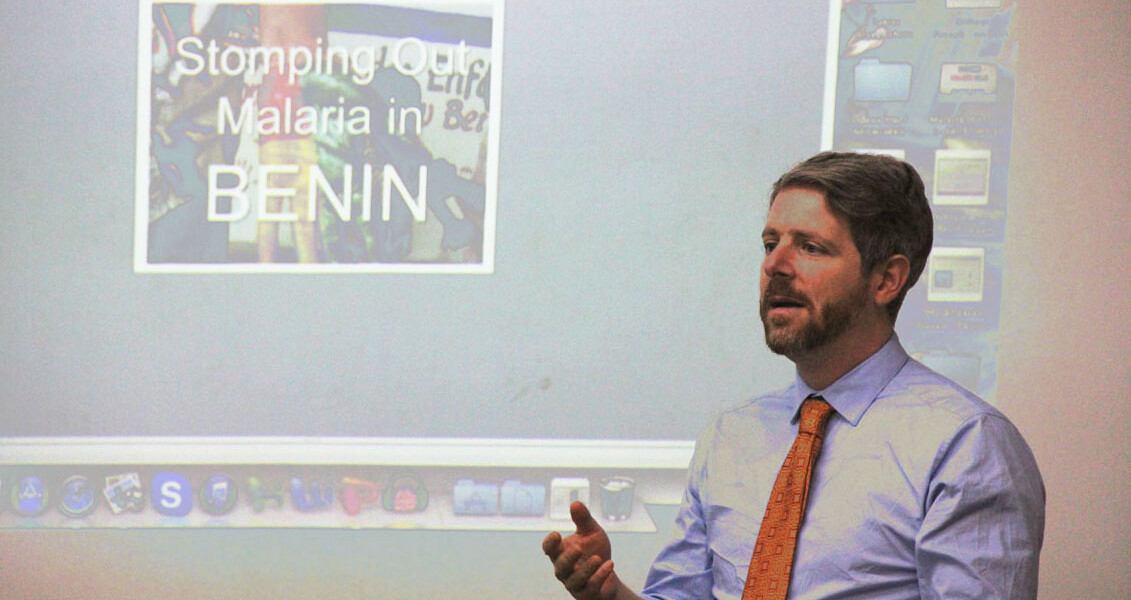End-of-life doulas emphasize the practice of listening, acceptance, and being in the moment.
For Nancy Weber, those principles are as applicable in life as they are in death.
Weber recently completed the UVM End-of-Life Doula Professional Certificate, an eight-week online program developed in partnership with the UVM Robert Larner College of Medicine.
The Saratoga Springs resident spent eight years working as an occupational therapist in New York City serving people with chronic psychiatric disorders. Many of her clients were also homeless. After moving to upstate NY, she spent almost 20 years working as an advocate for developmentally disabled children with complex medical needs. Weber has always been drawn to and comfortable with people who were nearing death. After being with three of her loved ones as they died—her sister, aunt, and dog—she wanted to dig deeper to better understand the experiences of dying and grieving.

“When one is drawn to being a doula… it infuses how you live your life. I think you’re modeling a different way of living and potentially dying,” Weber says. “While I’m not formally practicing as a doula right now, I’m trying to maintain a calm presence during this time of so much uncertainty and suffering.”
In the UVM End-of-Life Doula Program, Weber says she learned to deepen her skills in the arts of deep listening, nurturing, holding space, and cultivating unconditional positive regard.
“My experience of people being near-death is that it can be healing for them and their beloved,” she says. “In our culture, we’re not used to being in the present moment. That’s why this pandemic is so terrifying—we do everything possible to avoid the present moment. Doulas focus on helping people to the point of acceptance for wherever they’re at, and helping them to find some enduring way to not just get through the process of grieving, but to be as present as they can during it.”
The UVM death doula training program is for:
- Aspiring doulas
- End-of-life care practitioners
- Family caregivers
- Hospice and palliative care volunteers
- Professionals who work in healthcare, mental health, social work, and integrative therapies
- Spiritual care providers
- All who heed the call to embrace dying as part of the natural life cycle with more compassion and knowledge
Weber says she believes the power of being present is beneficial for anyone facing chronic illness, loss, death, and grief. That approach also helps individuals adjust to the changes the world is experiencing. Staying busy or trying to be distracted is not the answer, she says.
“Internally, I’m not looking for distraction, and I don’t want to be keeping busy. Being in the moment is where the healing is,” she says, adding, “I think this is such a seamlessly put together program—something I wish many people would take. It enhances your own skills to live life more fully.”




